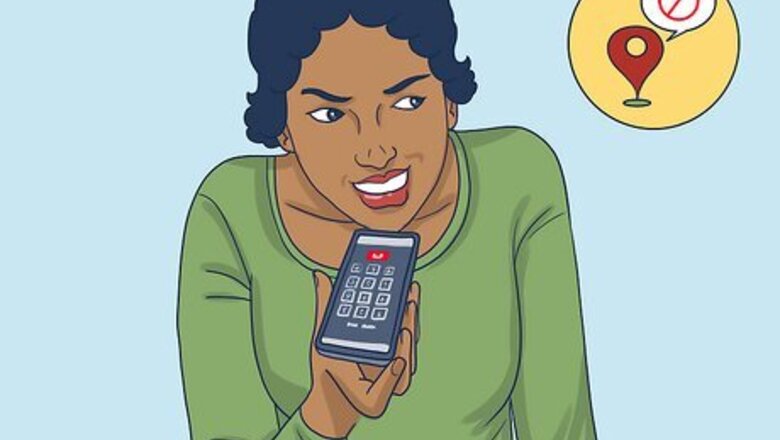
views
Is it a crime to prank call someone?
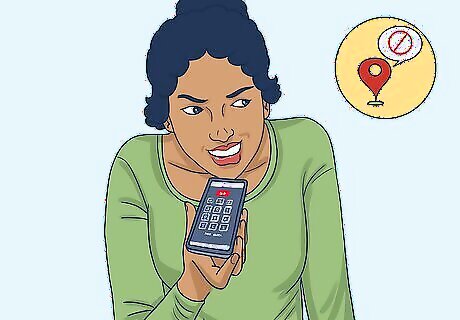
Usually yes, but it depends on the call and where you live. If you call your friend to tell a silly “is your refrigerator running” prank call and you live in a state with no specific prank call laws, it’s probably not a crime. But if you do live in a state with stricter laws about prank calls or you break some other law incidentally while placing the call (which is surprisingly easy to do on accident), it is a crime. More often than not, a prank call is probably going to qualify as a crime—especially if you keep calling the same number multiple times. That doesn’t always mean police will investigate the crime, though.
Potential Charges for Prank Calling
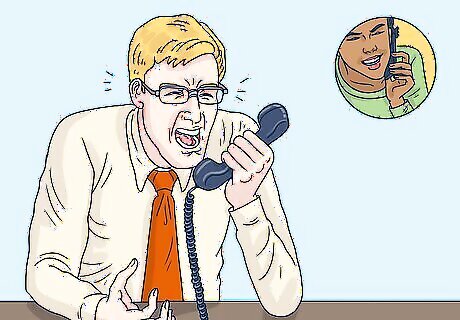
Harassment The more annoyed the person on the other end of the line is, the more likely it is that you’re committing harassment. You can be charged in most states with harassment if you spam call someone, say something that causes emotional distress, or threaten a person over the phone. Harassment is normally a misdemeanor, although it can be a felony depending on the content of the call. If you say anything inappropriate or sexual in nature during a prank call, the charge may be elevated to sexual harassment, which is normally a much more serious charge.
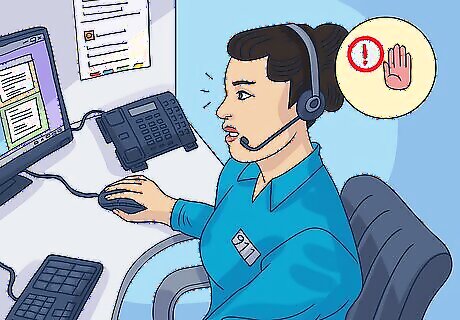
False Report If you prank any emergency service by calling 911, a police department, a fire department, a fire marshal, or anything like that, you will likely be charged with filing a false report or misusing emergency services. Prank calling the police or some other emergency service is an especially bad idea. These calls are a crime regardless of what you say on the phone, and you’re taking resources away from other potential emergencies. False reports also happen to be a felony in most jurisdictions.

Disorderly Conduct Disorderly conduct is a kind of catchall crime that can be used to charge someone for being offensive, pestering people, getting drunk in public, or making unreasonable noise. If your prank call is rude or annoying enough, you could be charged with disorderly conduct. Disorderly conduct is normally a misdemeanor, but it really depends on the nature of the conduct itself. It also depends on whether you live in a state where disorderly conduct can be a felony or not.
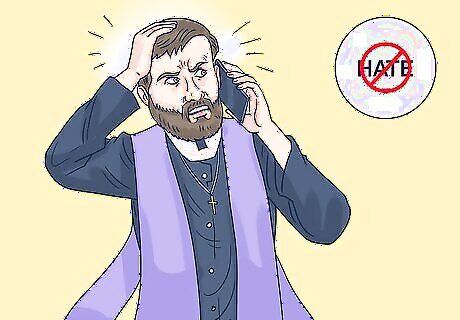
Hate Crime If you prank call a church, gender-affirming care clinic, a nonprofit that focuses on racial equity, or some other organization like that, you might be committing a hate crime—especially if you say something offensive, racist, sexist, or ableist. Hate crimes are normally felonies, but in some states they’re “enhancers” that turn misdemeanors into felonies. For example, in Florida, you might be charged with misdemeanor disorderly conduct that becomes enhanced to a felony because of the hate crime component. Only 3 states (Wyoming, Arkansas, and South Carolina) do not have hate crime laws. Every other state could charge you with a hate crime depending on the target and contents of your prank call.
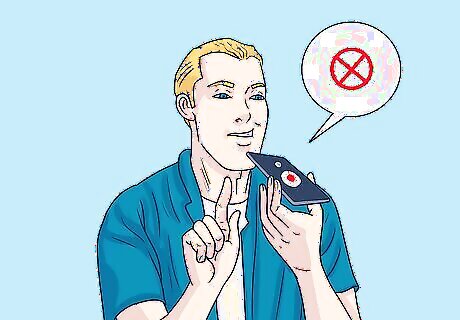
Wiretapping If you record your prank phone call, you may be committing a felony known as wiretapping. In most states, this isn’t a crime (these are called “one-party consent” states). But in two-party consent states, you cannot record a conversation without another person’s permission. The following states do not allow you to record phone conversations without consent: California, Connecticut, Delaware, Florida, Illinois, Maryland, Massachusetts, Michigan, Montana, Nevada, New Hampshire, Oregon, Pennsylvania, Vermont, and Washington. Wiretapping by recording a prank call is normally going to qualify as a misdemeanor.
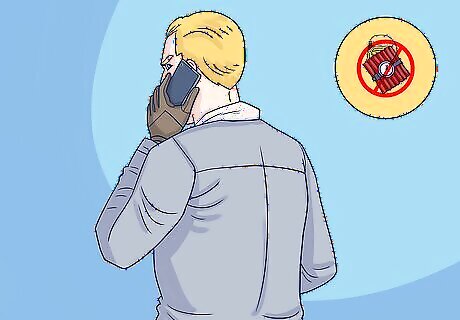
Terrorism Any prank call inspired to create fear of an impending attack is likely to qualify as terrorism. The most common version of this “prank” call is calling in a bomb threat, but any call where you imply violence may take place could justify a terrorism charge. Some states differentiate between terrorism and the threat of terrorism. These kinds of crimes are almost always felonies, though.
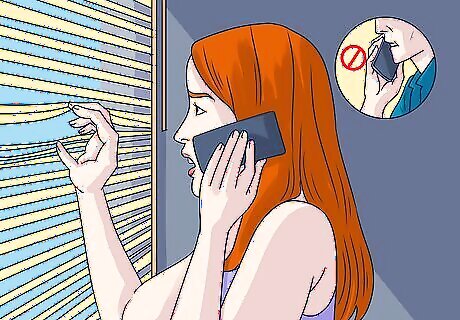
Stalking If you repeatedly prank someone after they’ve made it absolutely clear that they don’t want to be in contact with you, it could qualify as stalking. This is especially likely to be the case if it’s a person you have a personal issue with or they’ve previously filed a restraining order. Stalking can be a felony or misdemeanor depending on the behavior. In general, if someone tells you to leave them alone, it’s a good idea to respect their wishes.

Fraud There isn’t a lot of evidence it is prosecuted very often, but you could be charged with identity theft or fraud if you lie about who you are on the phone. This is especially likely to be the case if you try to extract privileged information or lie about who you are in an effort to commit some other crime. Fraud and identity theft are felonies in basically all jurisdictions.
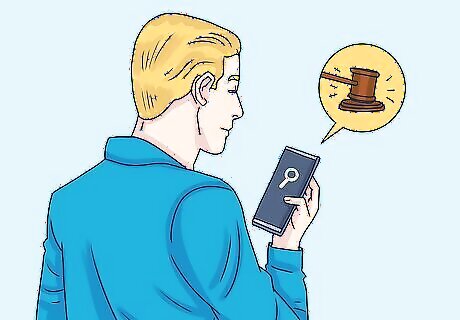
State-Based Laws about Prank Calls A few states have passed laws that specifically deal with prank phone calls and outlines when they’re illegal (in most cases, just calling someone to bother them counts). However, these laws differ from state to state, so you need to look them up individually to identify how serious they are. States with specific laws about prank calls include: California, New York, Texas, Florida, Illinois, Pennsylvania, Ohio, Michigan, Kansas, Massachusetts, and Washington.
Is it illegal to make fake calls to 911?
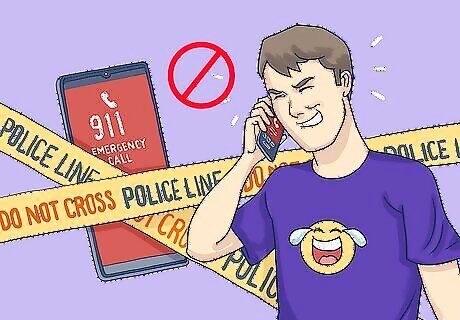
Yes, placing a prank call to 911 is illegal. Not only is it irresponsible to distract emergency services with your fake call, but it also happens to be a crime. Placing a 911 call and providing false information is a much more serious crime, but even the old “is your refrigerator running” line will have the police knocking at your door. In many states, pranking 911 could land you up top a year in jail and thousands of dollars in fines. If you file a false report over 911, those penalties can triple.
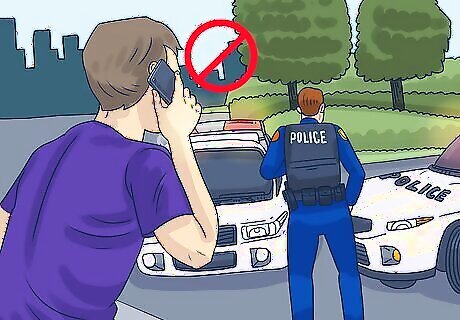
Swatting someone with fake 911 calls is also a serious crime. The Interstate Swatting Hoax Act was passed in 2015. It makes it illegal to place emergency calls and provide false information with the intent to trigger a police response. Swatting is a serious crime and you will be arrested by law enforcement—especially if anything bad happens to the person you try to swat. What is swatting? Swatting is when someone makes a false 911 call and claims somebody has a gun, hostages, or is committing some kind of serious crime. The goal is often to freak out the target of the attack, but people have been killed by the police in the confusion following swatting events. It’s an extremely dangerous thing to do.
Will I get trouble for making a prank call?
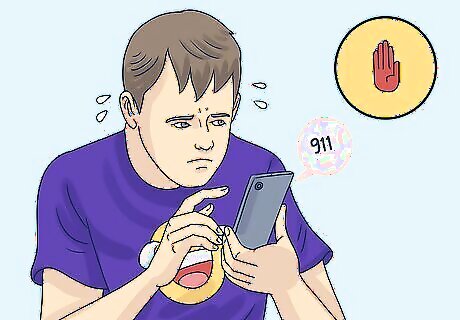
Unless you made a threat or called 911, probably not. Even though prank calls are often illegal, this kind of crime is up there with jaywalking, spitting on the ground, and stealing Wi-Fi. It’s just not something people are charged with all that often. However, if you’re bothering someone enough that you feel compelled to look this up, you’re crossing a line. Cut it out and stick to pranking your friends. You don’t need to prank someone to have fun on the phone. There are plenty of prank lines and joke numbers you can play around with when you want a laugh.
Does *67 keep you from getting in trouble?

No, police can trace and identify where *67 calls come from. *67 is an old prank call trick. You put *67 in front of the number you’re calling and your name will show up as “Restricted” on their caller ID. But not so fast—*67 does not work if you call an official agency, and police will have no problem pulling your phone number up if they investigate you. In other words, *67 won’t get you out of trouble. Oddly enough, some carriers don’t even offer *67 services for free anymore. Depending on who you use as your phone carrier, the trick may not work.
What to Do if You’re Being Pranked Repeatedly
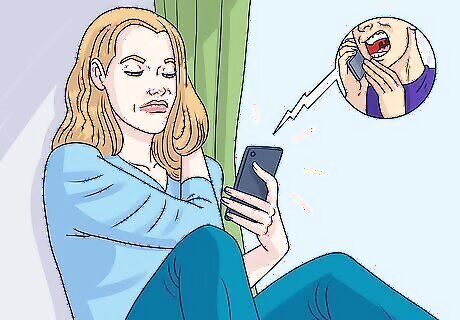
Avoid engaging with the prankster and call your phone carrier. Your phone carrier will likely be able to block the calls coming from the prankster. Beyond that, don’t answer calls from unknown or restricted numbers and you should be good. The most important thing is to not yell, interact, or play along with the prank calls. Prank callers want a reaction, and anything you do beyond hanging up immediately is just egging them on to keep it up. If you think the pranks qualify as harassment or the caller is threatening you with violence, contact law enforcement immediately.




















Comments
0 comment